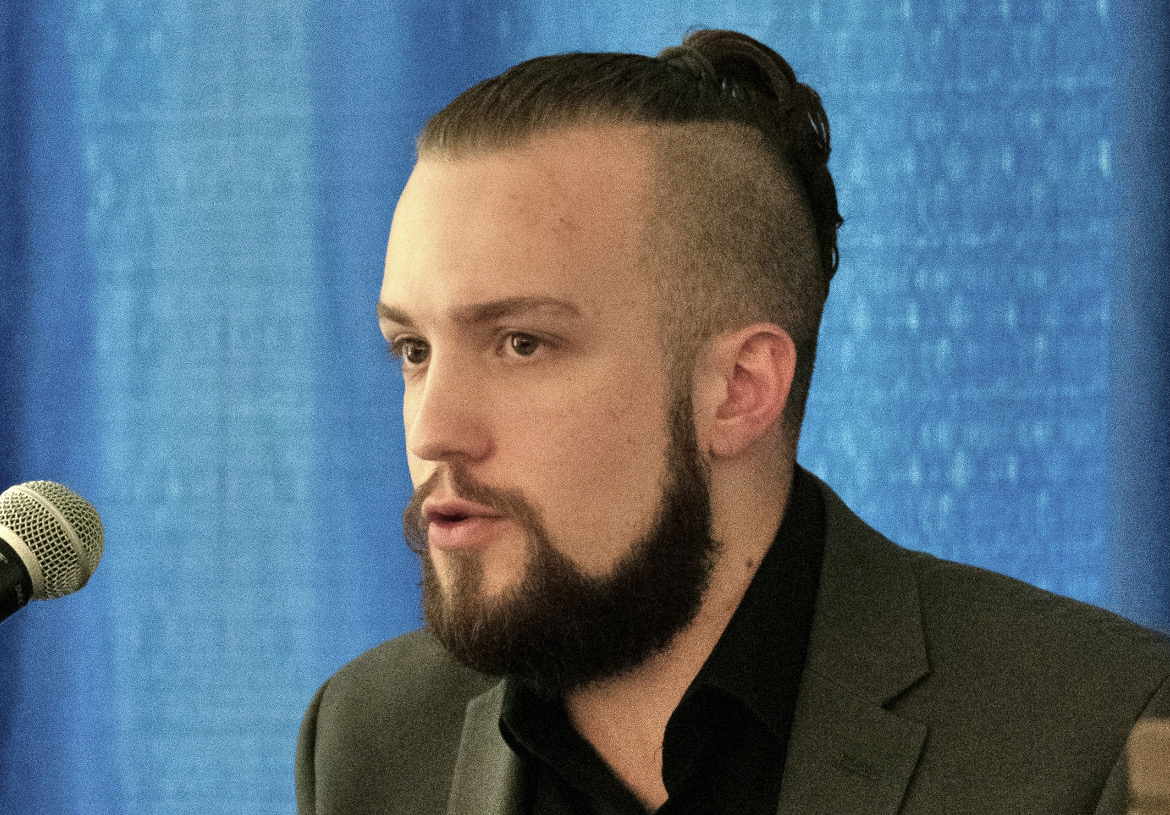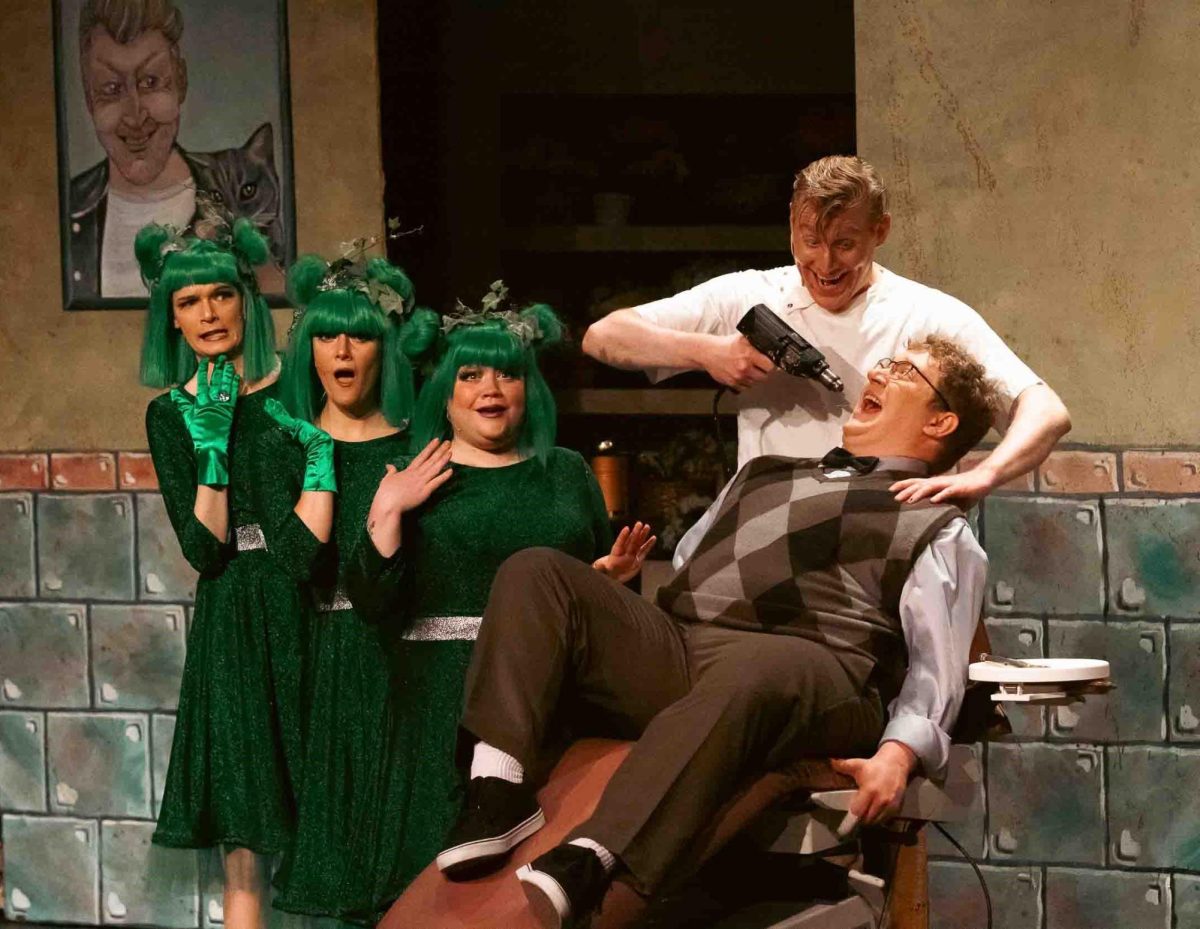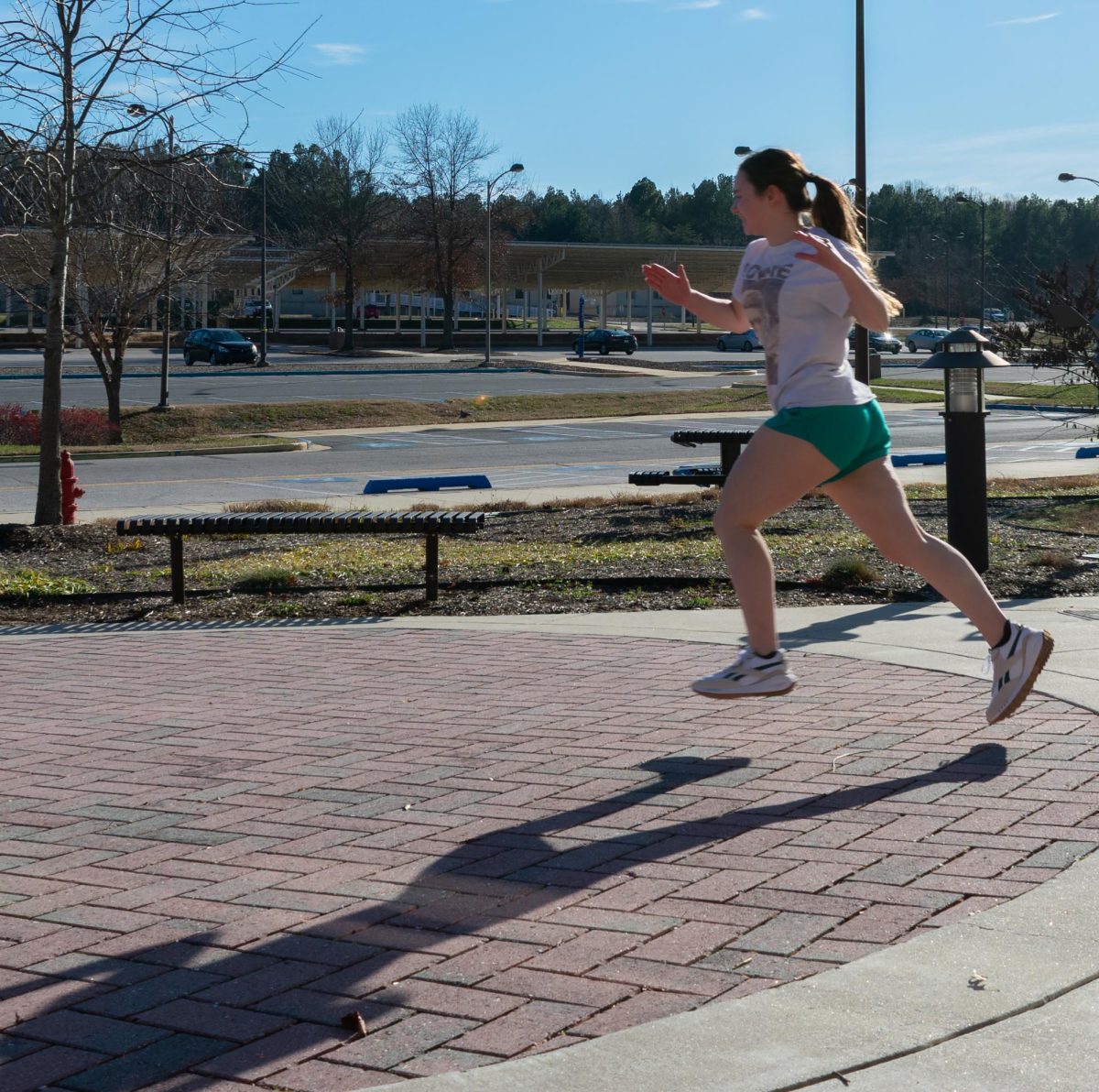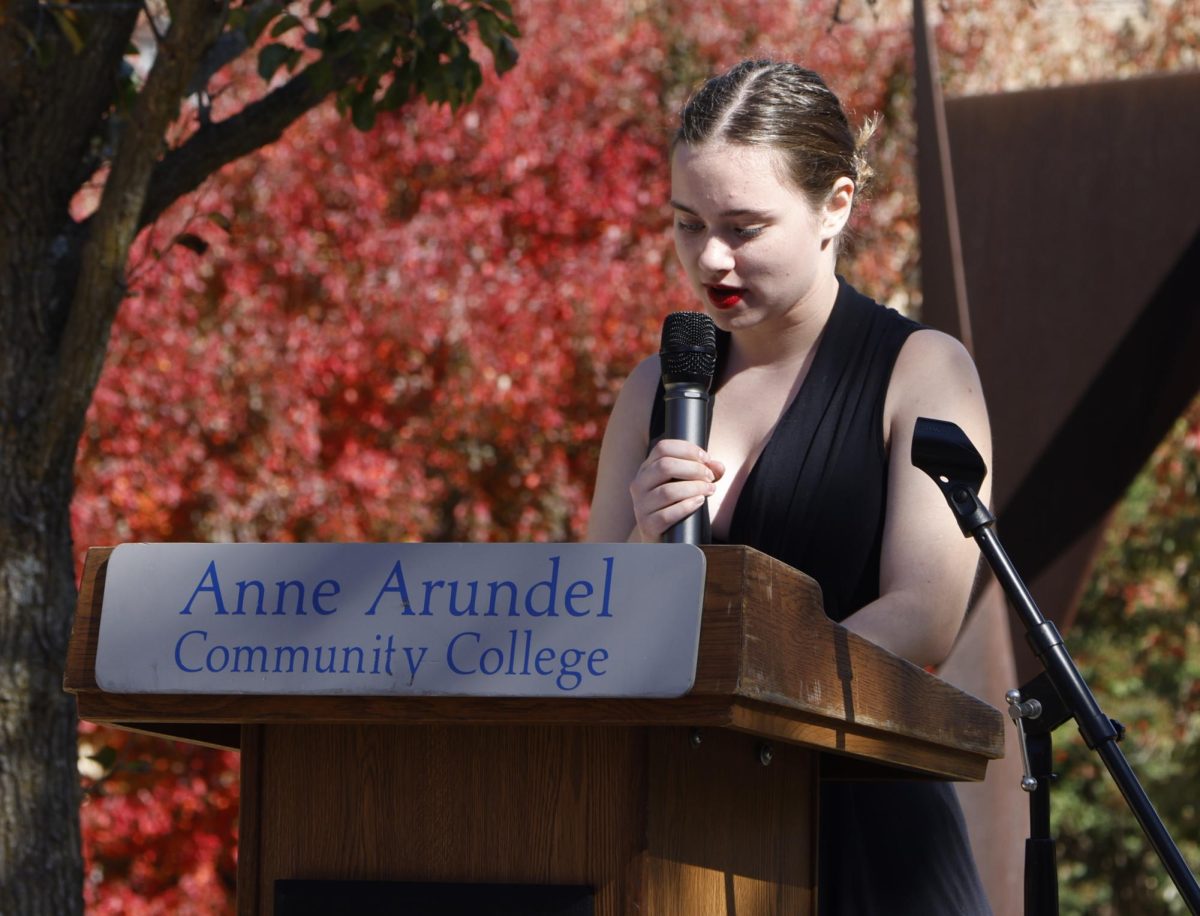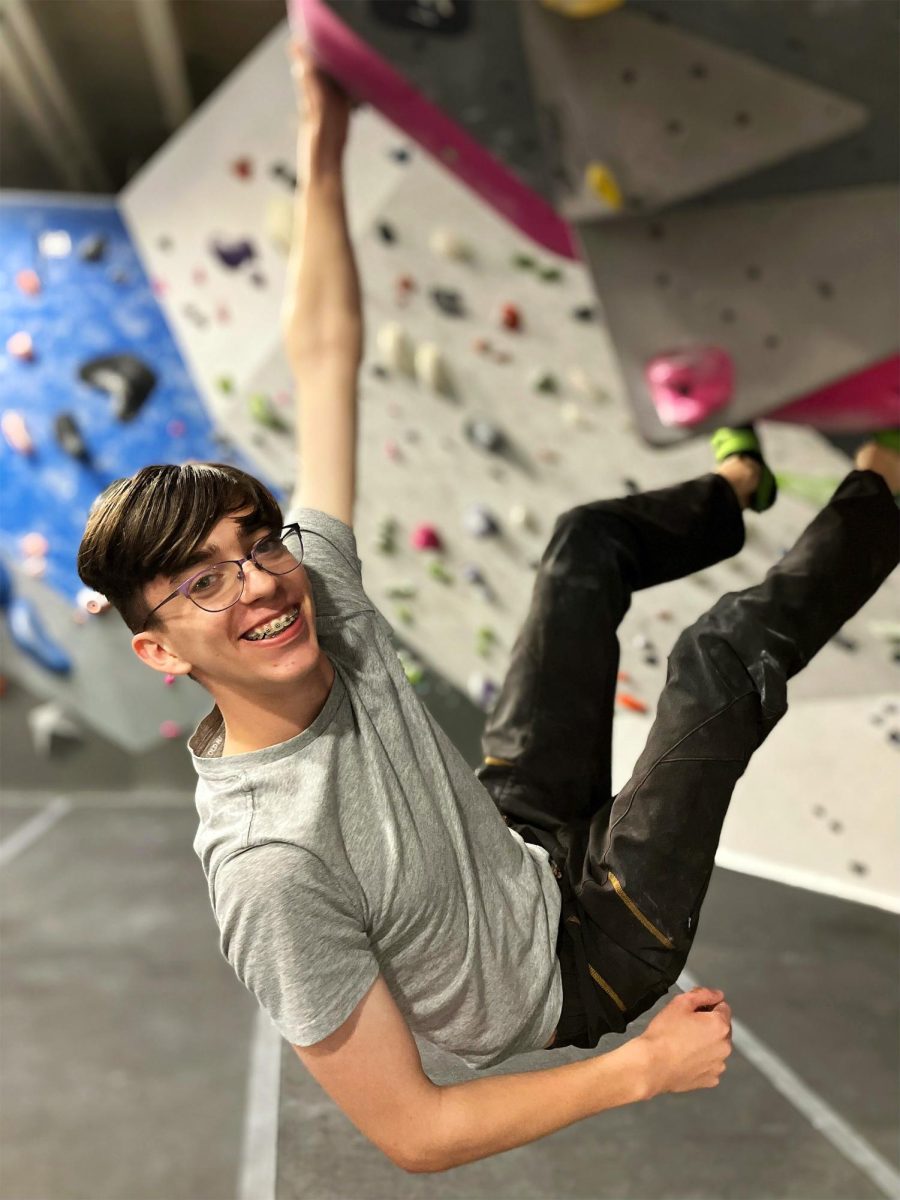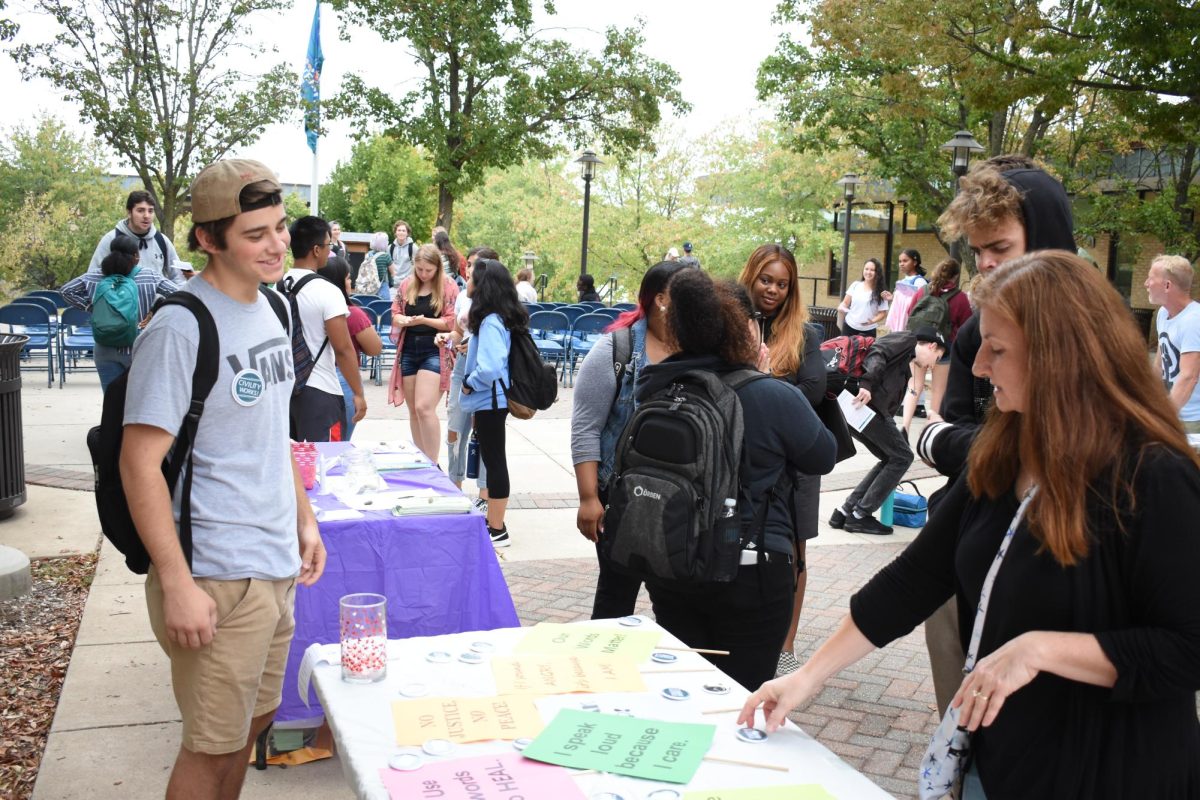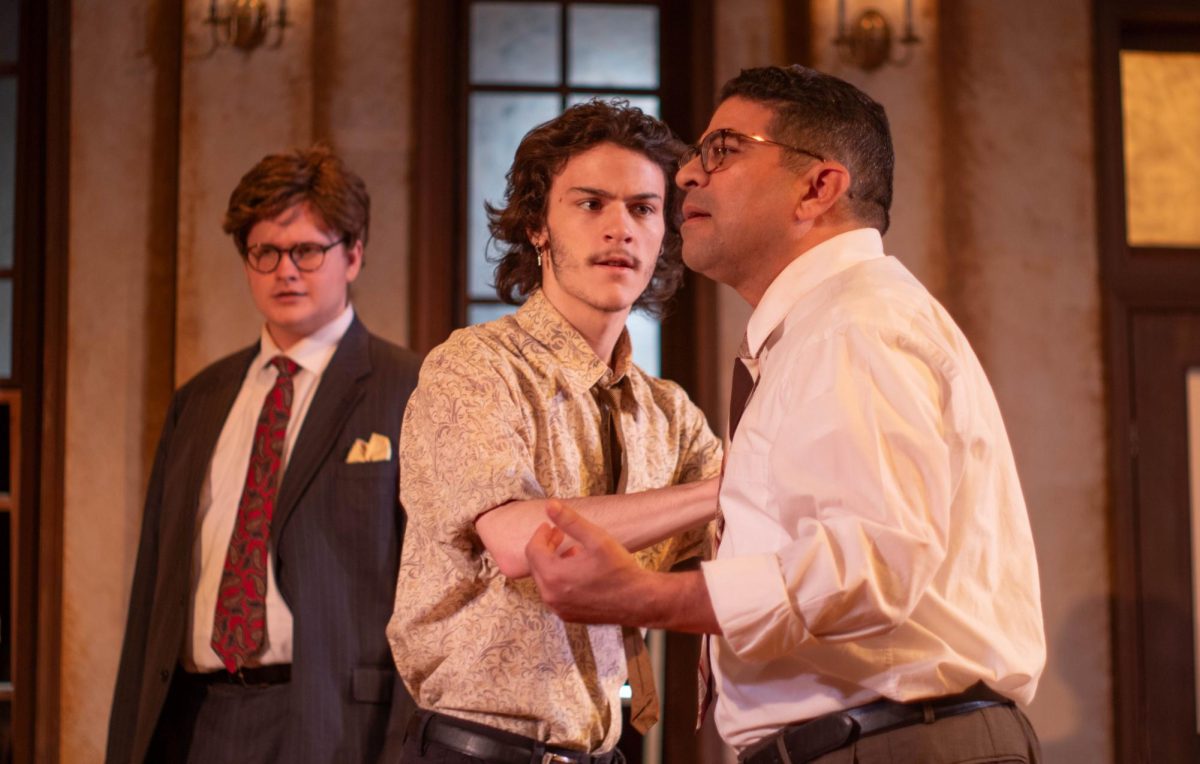Knowledge is power.
And when people have the knowledge of how their government works, they have the power to become better citizens.
When the people are empowered, they can make positive change in their communities through their local governments.
This is why civic engagement and education are important. Civic knowledge is the key to the power of change—the power to change the world.
Civic engagement ensures our government is a government of the people, by the people and for the people.
However, many Americans are not civically engaged—college students in particular.
Before the 2020 election, a little over half of voting-age students actually cast ballots, according to a report from the Institute for Democracy & Higher Education.
In fact, most Americans don’t even have a basic understanding of their own government or how it works.
In 2016, a survey from the University of Pennsylvania found that only 26% of people can name the three branches of government—executive, legislative and judicial.
This lack of civic engagement and understanding means people aren’t involved in decisions that directly affect their lives.
That’s why I’m a member of the Maryland Civic Education Coalition—because I believe getting civic education back into our schools is the first step to making our communities stronger and better for everyone.
I also take part in activism and advocacy because I believe that sometimes, people need more than their local leaders can give them.
That said, just because I’m doing my part doesn’t mean you don’t have to do yours.
Until we have an effective civic education program in our schools, it’s up to you to educate yourself. Anyone can complain about the world around them—why not learn how to fix it?
It’s not as hard as it sounds. Sometimes, all it takes is 30 minutes a week of googling any questions you have about your community and your government.
What issues do you think are most important? Get involved and fight for what matters to you.
So, when are you going to get up and go to your local community association meeting?
When are you going to stop complaining to your friends and start complaining to your representatives?
When and how are you going to get engaged?
Opinion: Engage yourself in local politics
Student Government Association President Zack Buster, a third-year communications student, speaks during a candidates’ debate last fall.
October 11, 2023












